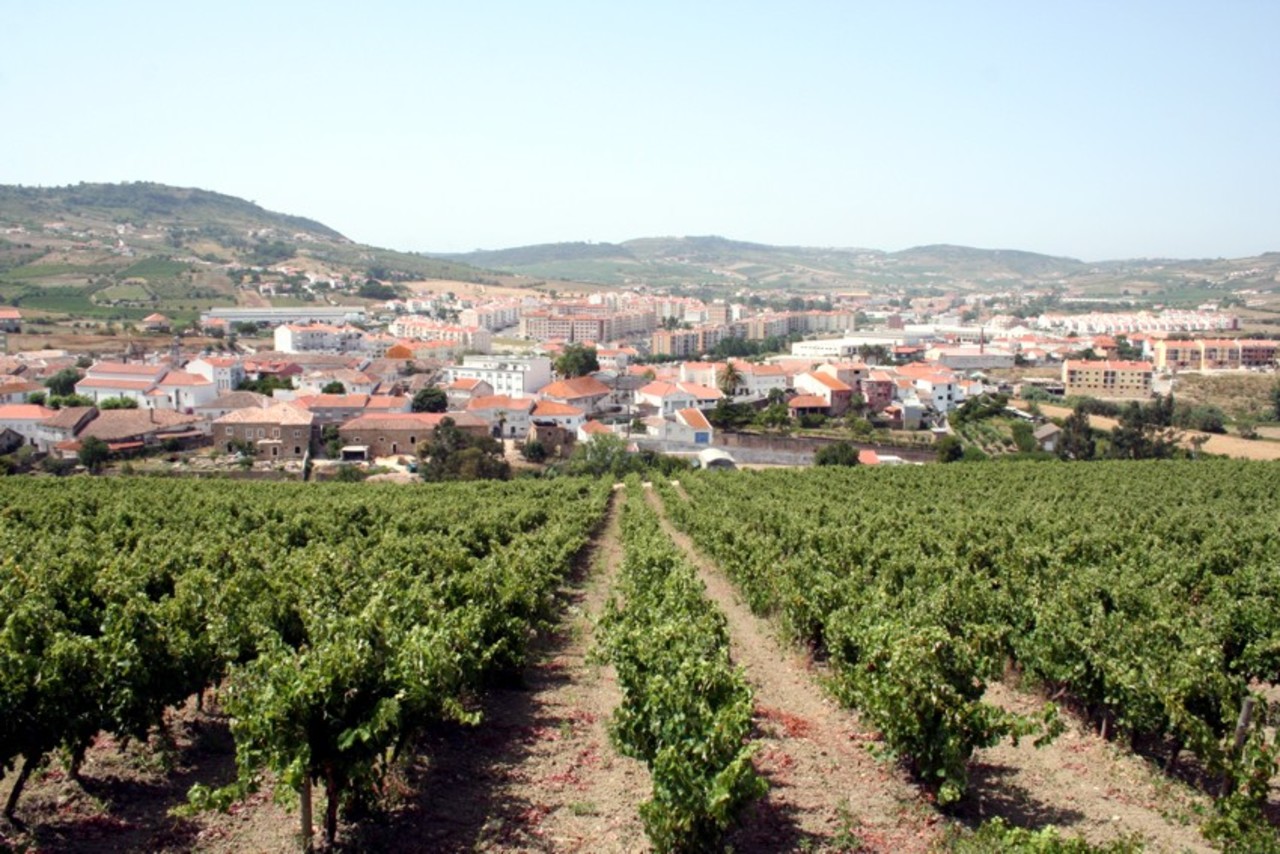The municipality of Arruda is located about 30km north of Lisbon in an area of confluence between the West, the Ribatejo and the saloia region, at the gates of the capital.
Arruda dos Vinhos was the scene of several remarkable episodes in the history of Portugal, highlighting the resistance to the 3rd French Invasion of Portugal, for which the population engaged in the construction of the military structures that built the Lines of Towers and the adoption of the Scorched Earth Policy. Even today are noticeable traces of the Forts of the Blind, Carvalha and Paço in the territory of the county.
Municipality wrapped in legends and tradition, it has a network of urban transport and services that allow you greater comfort in tasks and day-to-day travel.

In addition to the Forts and the Mother Church, the Pombaline Fountain of 1789, the Aqueduct, the Morgado Palace, the Chapel of St. Lazarus, the Hospital and Chapel of Mirsericórdia, the Conde Ferreira School, the Old Town Hall, the Church of S. Lourenço and the Sanctuary of N.ª Sr.ª da Ajuda, the Church of St. Michael the Archangel and the Church of St. James, the most significant architectural heritage of the municipality.
The municipality of Arruda dos Vinhos also has a very interesting natural heritage, characteristic of its sunny valleys "painted" with vineyards and fields, resulting in a unique landscape that the Arrudenses call "patchwork". From this harmony, results a symbiosis between the rural and the urban, which invites the practice of different outdoor activities, such as walking, mountain biking, equestrian activities, paragliding, geocaching, aeromodelism, among others.
From an early age, the village is an important center of wine production. From this rich heritage remains the development and expansion of the vitinícola activity in a large part of the territory of the municipality, with good expression for the local economy.
At the level of gastronomy, the municipality has dozens of restaurants and snack houses, in which you can taste everything, from the different dishes of cod and fish, to grilled meats, abounding a characteristic sweets of both the saloia region, or a Ribatejo that is about to announce itself.
Source: Arruda dos Vinhos Town Hall